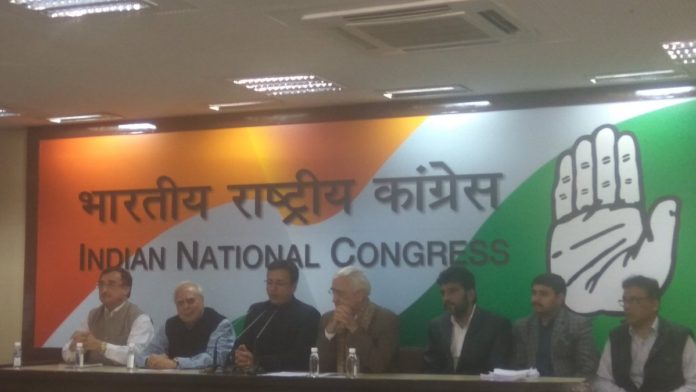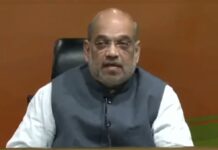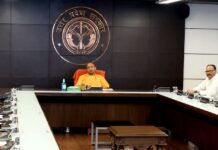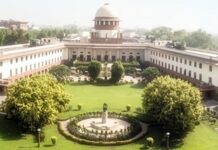On Monday 29 during the 2018 Budget Session, the Prime Minister Narendra Modi (PM Modi) and President Ram Nath Kovind urged parties to create a favorable environment that will favor the nation to hold simultaneous Lok Sabha and Assembly elections.
The Congress Party disagreed with PM Modi’s proposal terming BJP’s push to conduct simultaneous elections at Lok Sabha and Assembly levels as unconstitutional. Congress, the opposition contingent of government, asserts that the idea is yet another “jumla” (gimmick) of the Narendra Modi-government. Congress leader, P Chidambaram reiterated on Tuesday that in a parliamentary democracy of 30 states, under the country’s present constitution, it is impossible to have simultaneous elections. He supported his party by adding that just like the one nation one tax idea; PM Modi’s proposal is also a jumla.
Chidambaram’s Explanation to the Impossibilities of a Simultaneous Poll
Chidambaram while speaking at the release of his book “Speaking Truth to Power,” expounded that the simultaneous polls can be artificially constructed by advancing some elections while postponing others, but the changes are not feasible for all 30 states.
He went on to add that most opposition parties are single-state parties which are not found in other states. Therefore, it would be very difficult to bring the single-state parties together during a simultaneous election.
One Nation One Election: A Recurrent Proposal
The one nation one poll proposal is a recurrent proposal because PM Modi first floated it in 2016. Narendra Modi assured politicians that the idea was desirable. Former President, Pranab Mukherjee supported Modi’s bid. Experts such as Sanjay Kumar, the director of Centre for Study of Developing Societies (CSDS), said the idea is not feasible. He suspected that the regional parties will be more opposed to the proposal as compared to national parties. Reason being, national parties are present in all states while regional parties may have their foothold in a few states. Therefore if polls are held simultaneously, voters will tend to vote in the same ruling party at the state and Lok Sabha levels.
Research carried out by Praveen Chakravarty in 2016, supports Kumar’s allegations. The study concluded that there is a 77% chance that the Indian voter will vote for the same party at the state and Lok Sabha levels.
Consequently, if the proposal is implemented, the opposition is likely to lose many seats because some opposition parties are only present in a single state.
Reasons for the proposal
PM Modi’s reasons behind the proposal are that the numerous polls in India are a huge burden to its economy and therefore holding simultaneous elections is cheaper. He also reiterated that one election will inhibit national issues from revolving around election politics.




